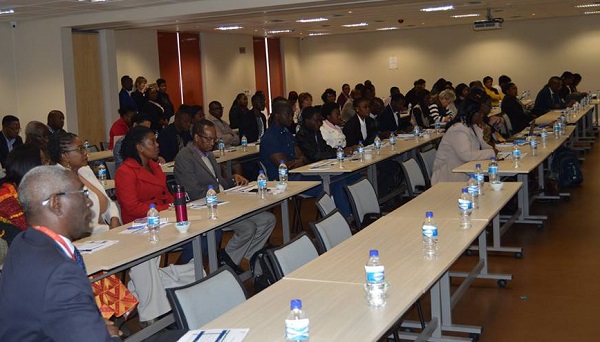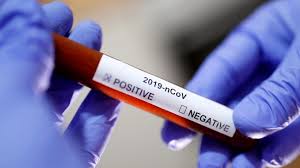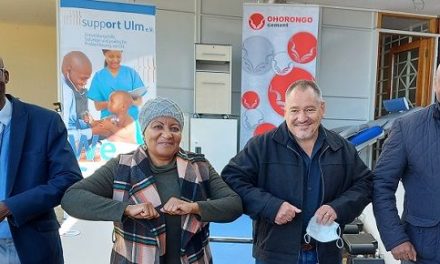
Working Group established to steer Bioethics infrastructure

Human cloning may not be on Namibia’s immediate horizon but the introduction of new anti-retroviral medicines or the testing of novel forms of inoculation certainly have a direct bearing on the relationship between the medical profession and human life.
In preparation for what is broadly described as Bioethics, a two-day UNESCO capacity building workshop was hosted in Windhoek this week at the Institute of Public Administration and Management (NIPAM). The workshop participants discussed a roadmap to establish the future foundation for a bioethics infrastructure.
The workshop, organised by the Ministry of Higher Education, Training and Innovation and the Ministry of Health and Social Sciences in cooperation with UNESCO was the first step to mobilise a critical mass of researchers, academics, health practitioners and health managers who are knowledgeable on the contemporary issues of bioethics.
The first order of business discussed, was the establishment of a Working Group to prepare the way for a National Bioethics Committee whose first task will be to draft a viable capacity building plan for the later development of a bioethics infrastructure and for a industry-wide appreciation for the implications of medical research.
Officially opening the workshop, Honourable Dr Itah Kandjii-Murangi, the Minister of Higher Education, Training stressed the need for a robust and effective policy and legal footing to point the bioethics initiative in the broader divergent development context of technology and engineering sciences.
Dr Kandjii- Murangi emphasised the role of Science, Technology and Innovation as a driver of economic growth and sustainable development.
Dr Aissatou Toure from the Pasteur Institute in Dakar, Senegal and Dr Johannes van Delden, professor of Medical Ethics at Utrecht University and director of education at the Julius Centre for Health Science and Primary Care, are the key experts who conducted the workshop.
Participating institutions include the health faculties at the University of Namibia and the Namibia University of Science and Technology, the Medical and Nursing Councils, the Ministry of Health and Social Services, public and private hospital managers, bioethics and ethics students, researchers and members of the public.












































